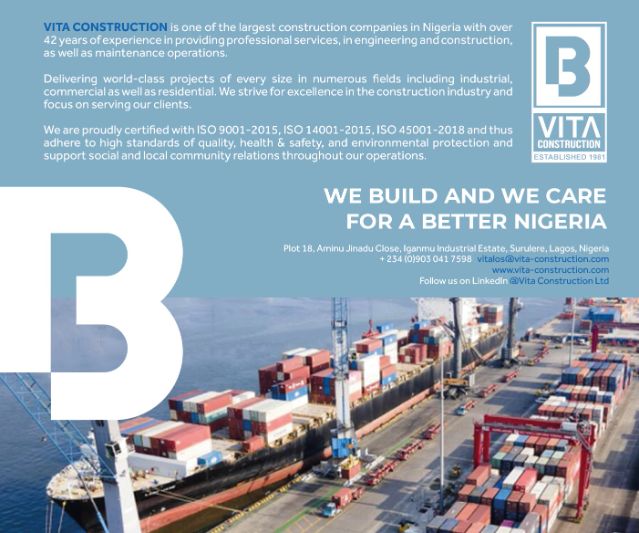 The current law in Morocco sets the legal age for marriage at 18. However, loopholes in the law allow minors to marry with judicial approval.
The current law in Morocco sets the legal age for marriage at 18. However, loopholes in the law allow minors to marry with judicial approval.
A group of young girls visited Rabat from January 22 to January 26 to meet with decision-makers to end child marriage in Morocco. The delegation, comprised of girls between the ages of 15 and 16, was led by Project Soar, a non-profit organization focused on empowering and facilitating positive change in young girls and women. Project Soar is part of the BIGGER movement, a national movement funded by Civil Society In Development (CISU) to help end child marriage under the slogan “18, no exceptions.”
One of the teenage girls traveling to Rabat was 16-year-old Maryem from Souss-Massa. Swapping souvenirs for speeches, Maryem and the delegation of girls participated in discussions with senior members of the Moroccan parliament alongside officials and activists to help end child marriage.
Maryem explained that helping to end child marriage is something “personal, happening around them all the time.” She shared a personal story of a family member forced into marriage at 15 and subsequently mistreated. This experience motivated Maryem to join the movement for change.
During the trip to Rabat, the group of girls also learned about the physical and emotional consequences of child marriage. Before Project Soar, some of the group saw child marriage as something normal. However, as Asmae, 15, from Guelmin-Oued Noun explained, “A girl is a child and cannot carry another child in her body.”
Morocco’s child marriage law, known as the Moudawana, states that a person must be 18 years old before getting married. However, provisions such as Articles 20, 21, and 22 allow parties to appeal and have exceptions made to the minimum marriage age. Thousands have been taking advantage of this right to appeal annually.
To leverage the BIGGER movement, the non-profit is collaborating with Politics4Her, an intersectional feminist youth-led digital platform & global movement, which has created an in-depth policy brief on child marriage.
Child marriage in Morocco is influenced by factors like poverty, education, and climate change, disproportionately impacting girls. Maryem shared a personal story of a relative forced into marriage at 16 due to family circumstances. This narrative underscores the urgency for girls to stay in school and empower themselves to make independent decisions.
In September 2023, King Mohammed VI set a deadline for amendments to be submitted to address child marriage. The government will then develop a bill and submit it to parliament for adoption.










